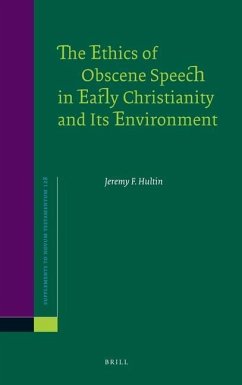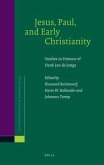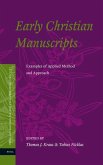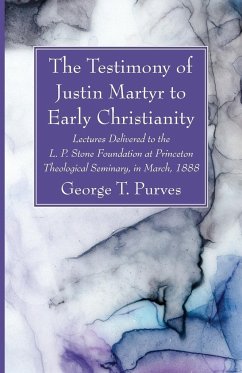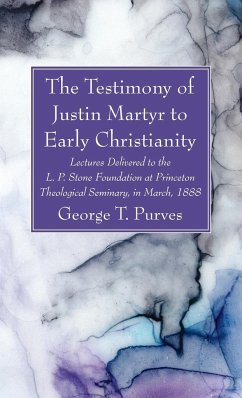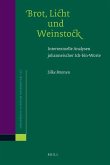This book aims to contextualize early Christian rhetoric about foul language by asking such questions as: Where was foul language encountered? What were the conventional arguments for avoiding (or for using) obscene words? How would the avoidance of such speech have been interpreted by others? A careful examination of the ancient uses of and discourse about foul language illuminates the moral logic implicit in various Jewish and Christian texts (e.g. Sirach, Colossians, Ephesians, the Didache, and the writings of Clement of Alexandria). Although the Christians of the first two centuries were consistently opposed to foul language, they had a variety of reasons for their moral stance, and they held different views about what role speech should play in forming their identity as a "holy people."
Hinweis: Dieser Artikel kann nur an eine deutsche Lieferadresse ausgeliefert werden.
Hinweis: Dieser Artikel kann nur an eine deutsche Lieferadresse ausgeliefert werden.

